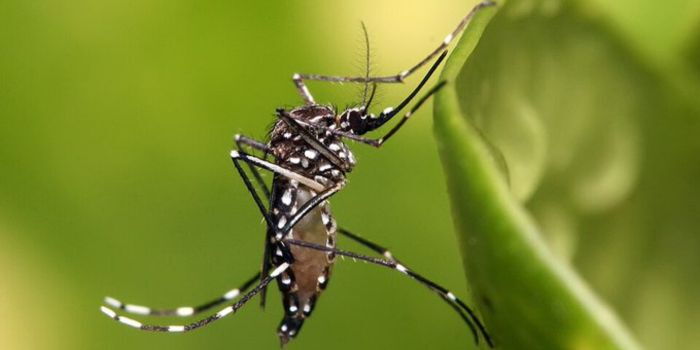AMREF warns of growing malaria crisis as funding declines

The warning comes amid a surge in infections and a decline in international support
AMREF has sounded the alarm over a worsening malaria crisis in Kenya and across Africa, warning that rising cases and shrinking donor funding threaten decades of progress in the fight against the disease.
The warning comes amid a surge in infections and a decline in international support, putting the most vulnerable populations at risk.
The alert was issued during the Amref Global Fund Malaria Annual Stakeholder Review Meeting on Tuesday, August 19, 2025, in Nairobi.
According to the 2023 World Malaria Report, global malaria cases rose from 252 million in 2022 to 263 million in 2023, with deaths reaching 597,000.
Africa bears the heaviest burden, accounting for 94% of cases and 95% of deaths, with children under five comprising 76% of fatalities.
In Kenya, where roughly 70% of the population is at risk, the situation is deteriorating as international donor support declines.
AMREF cautioned that reduced funding could reverse recent gains, widen resource gaps, and place additional pressure on an already overstretched health system.
“Funding for malaria in Kenya is shrinking as global donor priorities shift. These cuts risk stalling progress, straining domestic systems, and putting lives at risk. Sustaining malaria interventions is not optional it’s urgent and lifesaving,” AMREF said.
During the meeting, stakeholders reviewed progress under Grant Cycle 7, Year 1, and underscored the urgent need for local resource mobilization.
Eva Muthuri, speaking on behalf of the Kenya Coordinating Mechanism, emphasized that malaria control requires strategic partnerships and community involvement, noting that data is “the new gold” for guiding effective action and planning.
AMREF outlined strategies to strengthen malaria control, including expanding access to vaccines and preventive drugs, enforcing proper case management, and ensuring universal coverage of mosquito nets and indoor spraying.
The organization also highlighted mounting evidence linking climate change to higher malaria transmission, warning that cases could rise further without sustained intervention.
AMREF concluded that a united effort across national and county governments, private partners, and communities is critical.
Innovative funding and strong partnerships will be essential to achieve a malaria-free Kenya and protect the most vulnerable populations.
